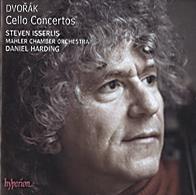
The Strad Issue: January 2013
Description: An inspired programme, searingly played
Musicians: Steven Isserlis (cello) German Symphony Orchestra Berlin/Hugh Wolff, Tapiola Sinfonietta/Gábor Takács-Nagy
Composer: Bloch, Bridge, Hough
Steven Isserlis is nothing if not thoughtful and creative when it comes to programming, as this combination of three works linked by the psychological legacy of World War I shows. The mix is naturally rather sombre, but Isserlis’s booklet notes and detailed personal guide to the first two pieces make it much more approachable, while his humane playing brilliantly conveys the composers’ inner conflicts.
The Stradivari cello he plays, the 1726 ‘Marquis de Corberon’, has a direct link with Bloch’s Schelomo, having been used by Canadian cellist Zara Nelsova when she recorded the work under Bloch’s baton. At times this recording is almost unbearably beautiful, the orchestra seemingly swept away by surging emotions, and the solo cello cherishing and coaxing every nuance of the interpretation into being.
Bridge’s Oration mourns the dead of the war in a more obviously programmatic way, but also with an abundance of introspective and unresolved questioning, in which Isserlis is totally convincing. His playing is organic, natural and easeful, and the sympathetic recording mirrors this.
Poet Herbert Read’s anguished lament for his dead comrades inspired The Loneliest Wilderness by Isserlis’s long-time recital partner Stephen Hough. Isserlis tells its tragic story so vividly that in one passage of accompanied recitative you can almost hear the words.
JANET BANKS



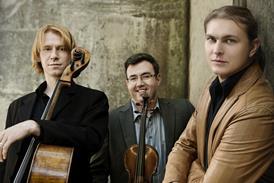


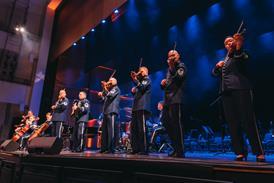



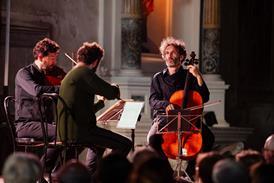




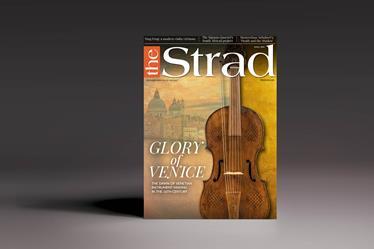
















No comments yet